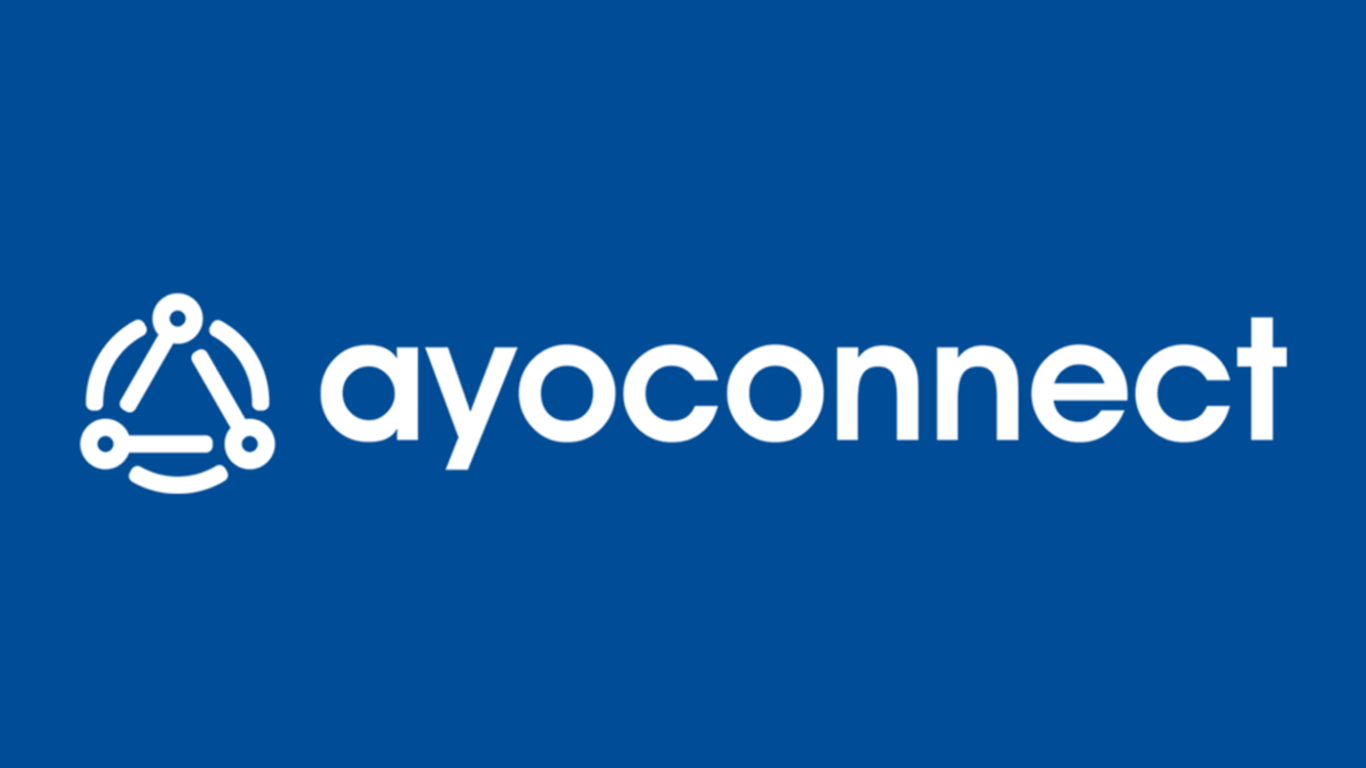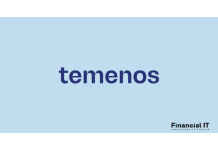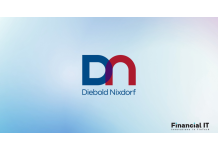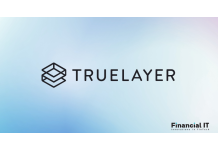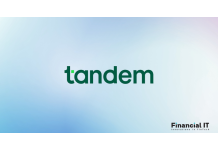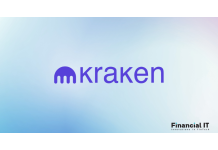Meridian Credit Union Partners With Personetics To...
- 05.12.2025 11:55 am
Temenos Named Best Core Banking System At Banking Tech...
- 05.12.2025 08:55 am
Propel Holdings Receives Regulatory Approval to Launch...
- 03.12.2025 11:55 am
Diebold Nixdorf Unveils DN Series® 300 and 350:...
- 03.12.2025 08:25 am
TrueLayer Hits 20 Million Users as Pay by Bank...
- 02.12.2025 08:35 am
HSBC and Mistral AI Join Forces to Accelerate AI...
- 01.12.2025 09:05 am
Tandem Unveils New Portfolio Cash ISA – Smarter,...
- 28.11.2025 09:15 am
Metro Bank Opens New Store in Salford Quays
- 26.11.2025 03:05 pm
TD Expands Access to Affordable Everyday Banking for...
- 26.11.2025 02:55 pm
Kraken Expands Krak Offering to Challenge Legacy...
- 26.11.2025 09:45 am
Tuum Secures Strategic Partnership Extension With...
- 26.11.2025 09:30 am
FIS Powers German Auto Bank’s Digital Transformation,...
- 25.11.2025 01:25 pm

